As Aboriginal and Torres Strait Islander health workers, we often find ourselves juggling multiple responsibilities—caring for our clients and community while trying to prioritise our own wellbeing. Reflecting on my journey, I’ve slowly learnt the importance of balancing work and personal time. Here, I want to share my experiences and some practical self-care strategies I use to keep me strong at work based on the Social and Emotional Wellbeing (SEWB) framework which has been developed by some deadly
Aboriginal psychologists (Gee et al., 2014). I hope by me sharing some tips will give you some ideas for looking after your own wellbeing too.
Additional loads we carry
Colonial load, stress, vicarious trauma and burnout are real, and everyday, workers are experiencing these additional demands. It’s important to highlight that it’s not just workers to manage these demands but organisations have a responsibility to address these factors too. Setting clear boundaries and being in culturally safe environments can support this. Check in with yourself regularly, speak to people you trust and think about what else you can do to achieve better balance, this sometimes may mean leaving an organisation that doesn’t align with your values.
The Importance of Self Care
Doing things I love helps refill my cup, keeping me strong and grounded and helps me do the work I do day in day out. Here are some rituals I follow regularly. Remember, everyone is unique, and what works for one person might not work for another. It’s all about trial and error until you find what works best for you.
SEWB Framework-Based Self-Care Practices

Country and Land
There’s nothing quite like being on country. It’s a special feeling that’s hard to put into words. Whenever I can, I spend time in beautiful places and, when possible, return to Kalkadoon country to ground myself. Exploring new camping spots, fishing and hiking over the weekends also helps me reconnect with nature, and often grounds me for the work week ahead.

Community
Having had the privilege of education, I feel a responsibility and obligation to give back to community through my work. While it’s true that you can’t pour from an empty cup, community fuels my passion and purpose and I often find strength in that. I pursued higher education not just for a degree but to gain the skills and knowledge necessary to support my people effectively. Having a good connection with community and colleagues can support through tough times and at work as well as celebrating the good times. Reflect on your community and have a think about community members or colleagues you enjoy yarning to.
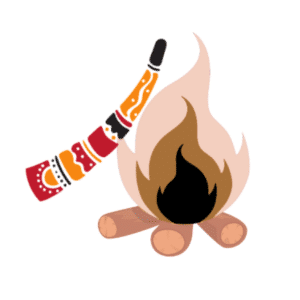
Culture
Understanding and being strong in my identity is important. This means knowing where I come from, living by values of reciprocity, and always giving back. Incorporating Aboriginal ways of knowing, being, and doing is central to my practice which keeps me going daily. Reflect on your own identity and think about what working for your community means and what you can do to strengthen your cultural knowledge and identity.
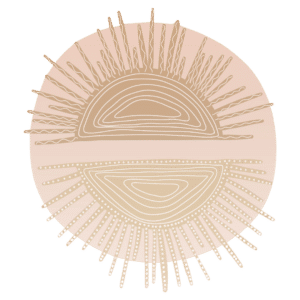
Spirituality
Practicing and connecting with my values and beliefs guides me at work. Yarning with elders and learning from their stories provides me with special knowledge and strategies passed down from thousands of years. Seek guidance and wisdom from elders when you need, to support you at work.
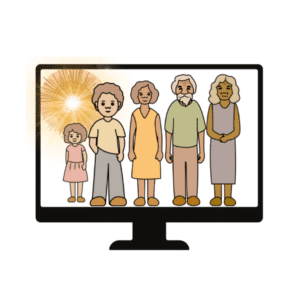
Family and Kinship
My family provides me with the strength to keep pushing towards my goals, even when I doubt myself. They keep me grounded, offer honest advice, and remind me to slow down when needed. Having a support system that cares about you is crucial. After a big work week, there is nothing better than sitting around the fire yarning with family and cooking up big feeds together.

Body and Behaviours
Exercise and healthy eating are integral to my routine. Daily physical activity, even just a 30-minute bike ride, helps with how I am feeling and improves my sleep so I can be the best possible version of myself at work. Eating nutritious foods is also important—I even have barramundi sent from home to Brisbane which helps when I am feeling home sick.
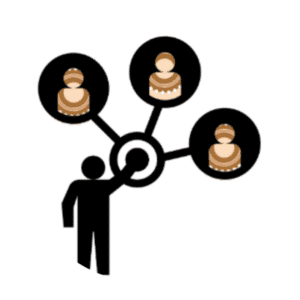
Mind and Emotions
Keeping my mind and emotions in check has been long-term work for me. I achieve this through supervision, self-reflection, talking to people I trust, seeking feedback from my managers, and expressing my feelings instead of bottling them up. On a lighter note, laughter is so important, and finding a good group of people where you can have a laugh is vital. Seeking support from management to help manage workload can be important too.
Activity for you to try

I highly recommend trying the “Stronger You Wheel” from Headspace to help develop your own self-care action plan.
My take home message to you
Self-care is crucial not just for our wellbeing but also for our ability to serve our community effectively. By finding what works for you and prioritising your wellbeing, you can continue to make a positive impact while maintaining a healthy balance in your life. Keep exploring, reflecting, and practicing self-care to stay strong and deadly.


